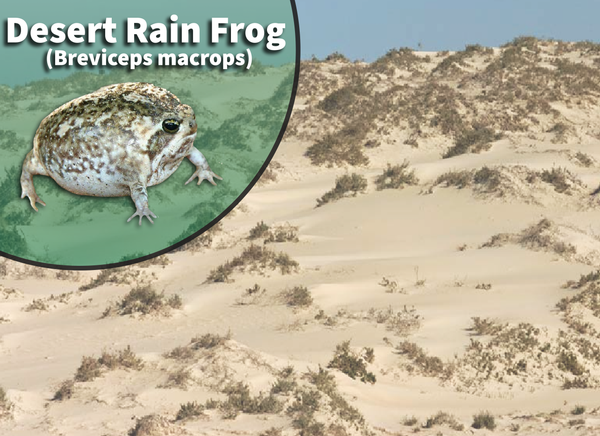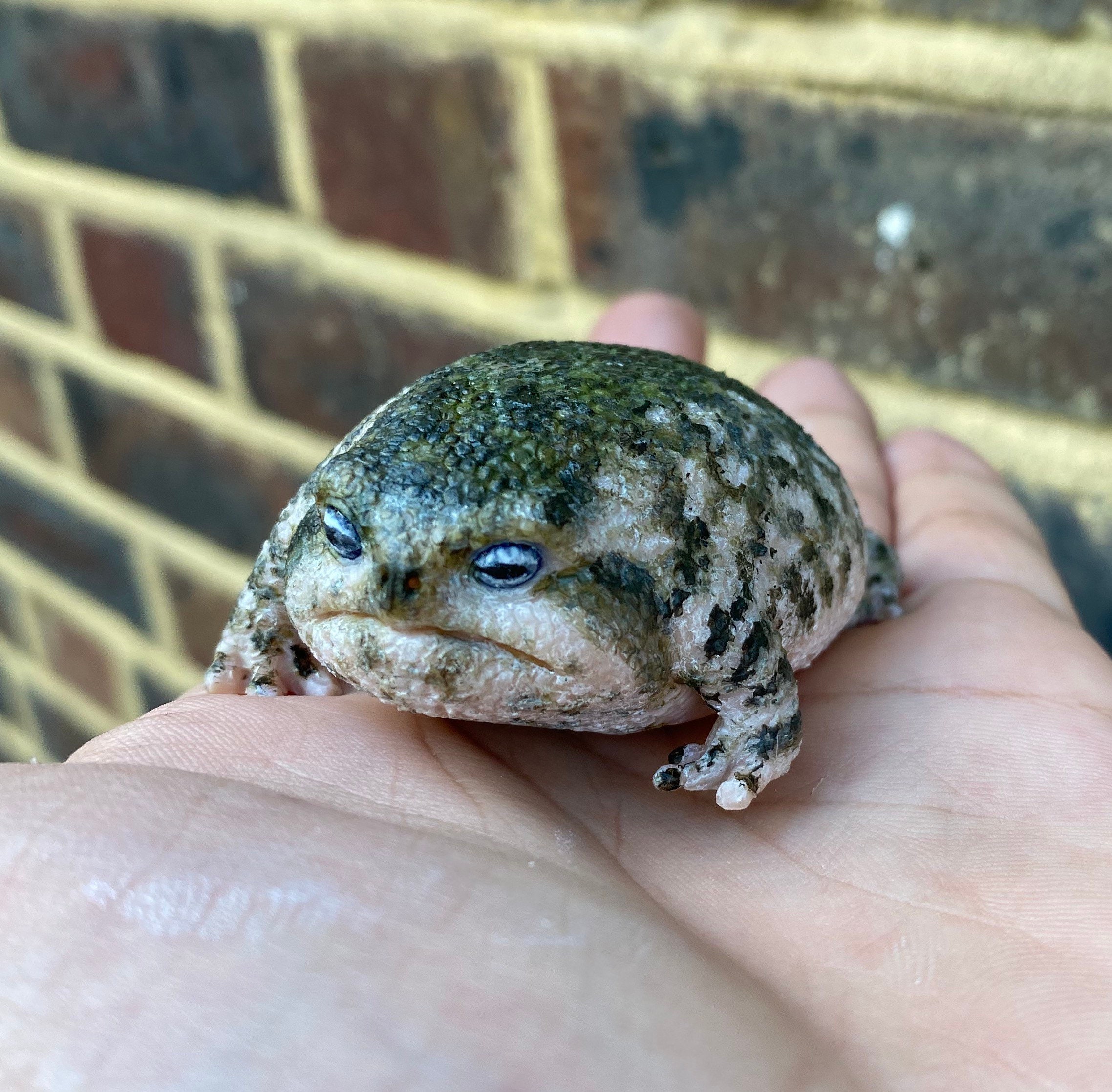Locate Your Perfect Rain Frog for Sale: Dive into the Globe of Unique Amphibians!
Locate Your Perfect Rain Frog for Sale: Dive into the Globe of Unique Amphibians!
Blog Article
Common Wellness Issues in Reptiles: Signs and Solutions
In the intricate globe of reptile care, comprehending the typical health and wellness problems that may affect these special animals is paramount in guaranteeing their well-being. From respiratory system infections that can calmly hold to metabolic bone illness that can cripple, reptiles are vulnerable to a variety of ailments that call for keen observation and timely treatment. Whether it's facing parasitical infestations, navigating dehydration concerns, or addressing skin conditions that show up in refined ways, being in harmony with the signs and symptoms and geared up with the knowledge of efficient remedies is essential for any kind of reptile owner. By delving even more into the nuances of these wellness problems and exploring the useful treatments available, one can protect the health and vitality of these fascinating pets.
Respiratory System Infections
Respiratory infections in reptiles can significantly influence their total health and wellness and require prompt focus from experienced vets. These infections are frequently triggered by bacteria, infections, or fungi and can materialize through signs such as wheezing, nasal discharge, open-mouth breathing, and lethargy. In reptiles, respiratory infections can be specifically testing to identify and deal with as a result of their unique makeup and physiology. Vets typically rely upon a combination of health examinations, analysis imaging, and research laboratory examinations to precisely determine the underlying source of the infection.
Therapy for respiratory infections in reptiles generally entails a mix of helpful care, such as preserving appropriate humidity degrees and temperature slopes in the unit, along with targeted drug to address the details pathogen in charge of the infection. It is essential for reptile owners to monitor their family pets closely for any indications of respiratory system distress and look for vet treatment at the earliest indication of an issue. With prompt treatment and suitable treatment, several reptiles can recover fully from respiratory system infections and resume normal activities.

Metabolic Bone Condition
What elements add to the advancement of Metabolic Bone Condition in reptiles?
Metabolic Bone Disease (MBD) in reptiles is mainly triggered by a lack of proper calcium, phosphorus, and vitamin D3 degrees in their diet plan. When reptiles do not receive adequate calcium, either with their food or appropriate UVB direct exposure for vitamin D3 synthesis, they are at a high danger of creating MBD. Reptiles with diets reduced in calcium or imbalanced calcium to phosphorus ratios are specifically vulnerable. Additionally, insufficient exposure to UVB light stops reptiles from manufacturing vitamin D3, which is important for calcium absorption and bone health and wellness.
Other contributing elements to MBD consist of incorrect temperature gradients within the reptile's environment, leading to lowered metabolic process and impaired calcium absorption. Insufficient humidity levels can likewise impact a reptile's capacity to metabolize calcium effectively. Certain reptile species have details dietary demands that, if not fulfilled, can raise the chance of creating MBD. Normal vet exams, appropriate husbandry practices, and a well balanced diet plan are vital to avoid Metabolic Bone Disease in reptiles.
Parasitical Invasions
Parasitic infestations position a significant wellness threat to reptiles, impacting their total health and calling for prompt veterinary attention. Reptiles can be influenced by numerous bloodsuckers, consisting of mites, ticks, interior worms, and protozoa. These bloodsuckers can trigger an array of symptoms, such as weight reduction, lethargy, skin irritability, diarrhea, and even death if left neglected.
One typical parasite found in reptiles is the mite, which can cause skin anemia, anxiety, and irritability. Ticks are another outside parasite that can cause and transfer conditions discomfort to the reptile. Inner bloodsuckers like worms and protozoa can lead to digestive system concerns, malnutrition, and compromise the reptile's immune system.
To detect a parasitical infestation, a vet may perform fecal examinations, skin scrapings, or blood tests. Therapy commonly entails deworming medicines, antiparasitic bathrooms, or in extreme instances, a hospital stay. Preventative measures such as regular veterinary examinations, correct hygiene, and quarantine treatments for new reptiles can aid reduce the threat of parasitical infestations and ensure the wellness of reptile pet dogs.
Dehydration and Hydration Issues
Dehydration in reptiles can considerably impact their wellness and wellness, demanding timely intervention and proper hydration monitoring. Reptiles are vulnerable to dehydration because of various factors such as insufficient water intake, high environmental temperatures, and particular health and wellness problems. Signs and symptoms of dehydration in reptiles consist of sunken eyes, sleepiness, loss of skin elasticity, and minimized peeing. If left unattended, dehydration can lead to serious health and wellness issues and also be deadly to the reptile.
To stop dehydration, reptile proprietors ought to make sure that their pets have access to clean water whatsoever times. The water recipe should be huge sufficient for the reptile to take in if required, specifically for species that absorb water through their skin. Furthermore, preserving correct moisture levels in the reptile's room and supplying routine bathrooms can help protect against dehydration.
In situations of dehydration, it is important to seek vet care without delay. A vet may provide liquids either orally or with injections to rehydrate the reptile. It is necessary to attend to the important site underlying reason for dehydration to avoid reoccurrence and ensure the reptile's general well-being.
Skin Ailments

Verdict

Breathing infections in reptiles can considerably affect their total health and wellness and require prompt focus from knowledgeable veterinarians (rain frog for sale). Preventative actions such as normal veterinary examinations, proper hygiene, and quarantine treatments for new reptiles click site can aid reduce the risk of parasitic invasions and make certain the well-being of reptile pets
If left without treatment, dehydration can lead to major health problems and also be fatal to the reptile.
Regularly examining your reptile for any type of modifications in skin appearance, color, or texture can help in early detection and treatment of skin conditions, promoting the overall health and wellness and well-being of your scaly companion. - rain frog for sale
In conclusion, reptiles are susceptible to various health problems such as respiratory infections, metabolic bone disease, parasitic invasions, dehydration, and skin ailments.
Report this page